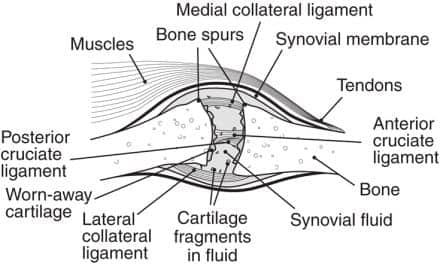Last Updated: 2008-02-01 16:31:43 -0400 (Reuters Health)
NEW YORK (Reuters Health) – Testosterone therapy lessens the gain in visceral adipose tissue and the loss of skeletal muscle in aging men who are not obese, Australian researchers report in the January issue of the Journal of Clinical Endocrinology and Metabolism.
As lead investigator Dr. Carolyn A. Allan told Reuters Health, "Our study showed preservation of skeletal muscle and prevention of accumulation of visceral — intra-abdominal — fat in men treated with testosterone versus placebo over a 12-month period."
Dr. Allan of Monash University, Clayton and colleagues note that "obesity is an important confounder in the presentation of androgen deficiency," so they chose to study nonobese aging men, who had symptoms of androgen deficiency and low-normal serum testosterone levels.
Included in the study were 60 healthy men aged 55 years or more with testosterone levels below 15 nM. They were treated with transdermal testosterone (5.0 mg) or placebo patches.
At 1 year, serum testosterone had increased by 30% in the active treatment group. Compared to the placebo group, there was a significant increase in total body fat-free mass and skeletal muscle; thigh skeletal muscle loss was prevented, and visceral fat accumulation decreased.
"Given the strong association of visceral fat with metabolic syndrome — leading to diabetes — and cardiovascular disease," continued Dr. Allan, "these findings suggest testosterone may be used to modify the age-related increase in visceral adipose tissue, and possibly the associated adverse metabolic changes."
These findings, she added, "have provided a basis for our ongoing work looking at the effect of testosterone on markers of cardiovascular disease and diabetes risk in obese men — who are increased risk for these diseases."
J Clin Endocrinol Metab 2008;93:139-146.
Copyright Reuters 2008. Click for Restrictions




